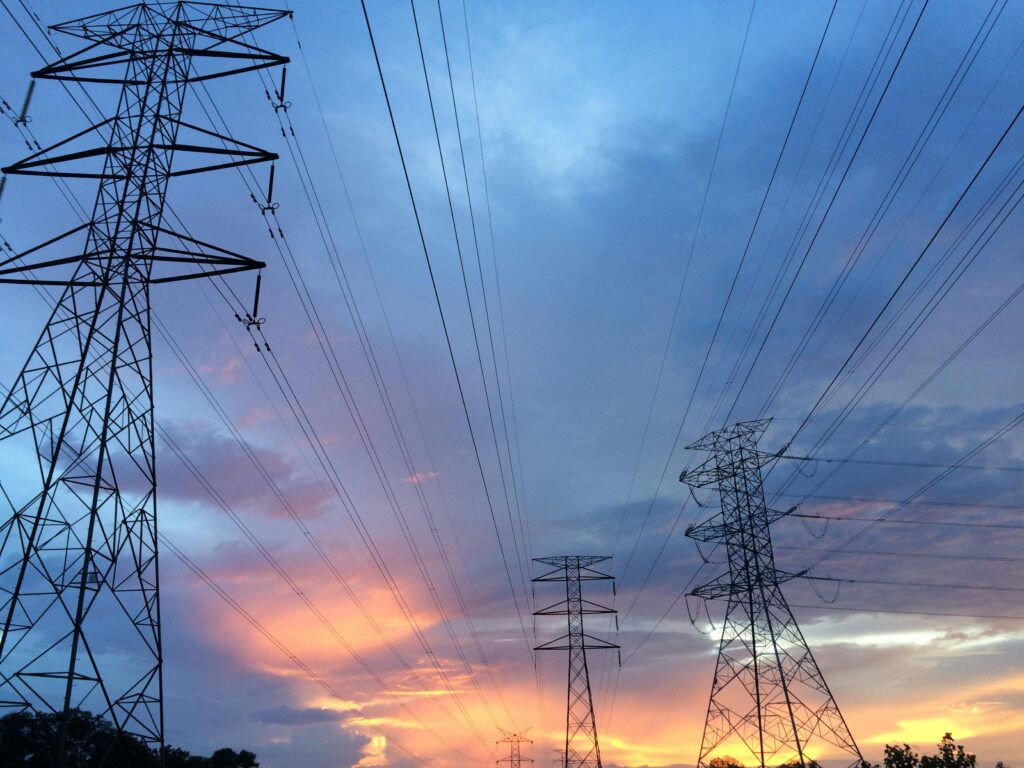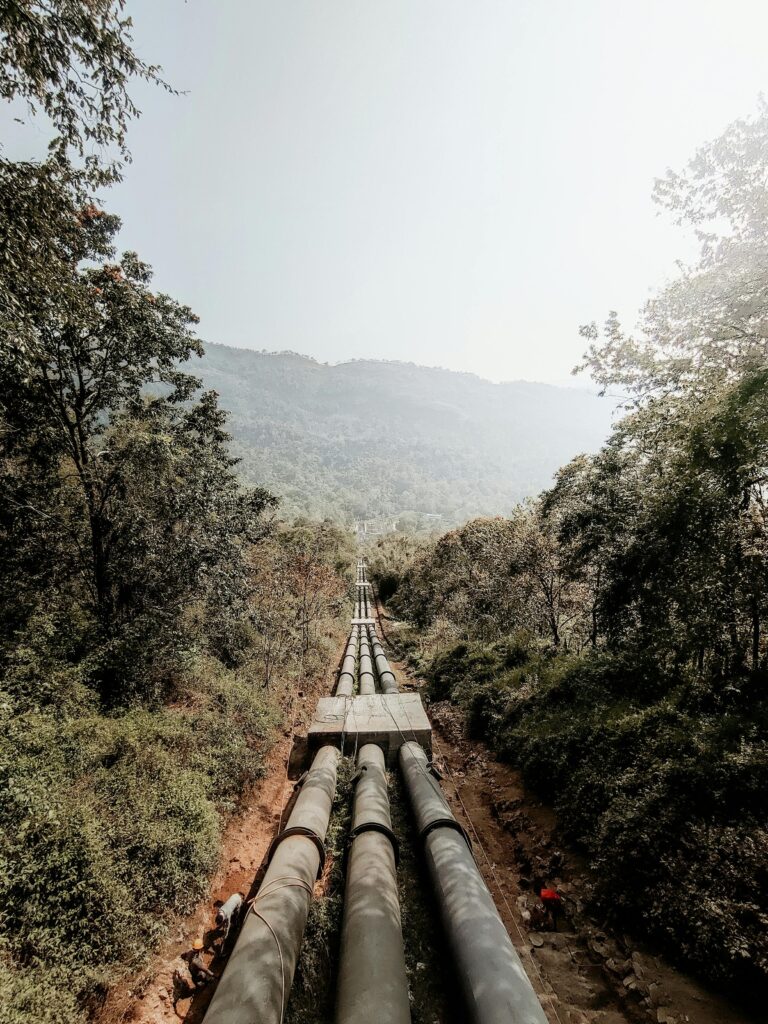Services
The ASBG has worked on projects to improve the infrastructure supporting the private sector in the following areas:

01
Electrical Energy
This involves bringing together the major power users in Zimbabwe and using their combined balance sheets and electricity demand as well as their ability to pay for electricity with hard currency to sponsor trade in electricity, generation and transmission. This has commenced operations and is already helping meet the national and regional shortage of power. The SADC has demand for over 80 000 megawatts and a shortfall in supplies of about 15 000 megawatts. This deficit is expanding rapidly and if not addressed will strangle investment and economic growth.
The market for electrical energy has been liberalised in Zimbabwe and this has opened the door for the private sector. It is expected that the role of the private sector will expand rapidly in the next decade.

02
Regional Railways
The railways in southern Africa have been neglected for many years and their capacity to carry the trade cargoes of the region has declined to the point where today they carry less than 10 per cent of the bulk cargo that is available. This has resulted in a shift to road transport that now congests all regional transit routes and national border crossings. It also imposes substantial additional costs on exports and imports.
The ASBG has brought together the companies that generate bulk cargo for exp[ort and import and is now using this base of viable hard currency traffic demand to support the very substantial funding required to get the railways back into a sound operational state. 5 countries are set to benefit – the Congo, Zambia, Zimbabwe, Botswana and Mozambique.
The program will involve upgrading 6000 kilometres of track, installing a regional train control system, purchasing up to 10 000 wagons and 1000 mainline locomotives. It will also involve extending the regional railway system to accommodate new port development in Mozambique, new sources of bulk cargo and to shorten the route to the sea for land locked countries.

03
National Transit Roads
Zimbabwe is a regional energy and transport hub for southern Africa. It has some 4000 kilometres of transit roads that serve regional States. All are in a poor condition and require urgent repair and a substantial upgrade. The main problem is financing and the ASBG has proposed a model where the traffic will support the necessary borrowing required. This will enable the company to raise the funding required, generate the revenue to finance this process and establish a national network of toll roads that can handle the traffic involved and be property maintained. Application has bene made for the first route ro be accommodated under this program and we are waiting for the approval of Government.
04
Regional Pipeline and Refined Petroleum System
In 1987, the private sector built a 500-kilometre 10-inch pipeline from Beira to Harare. In Beira they constructed storage for 500 000 cubic metres of fuel and a facility in the Port of Beira a facility to receive and discharge fuel delivered in tankers. In Harare the Government of Zimbabwe constructed an underground storage facility for 400 000 cubic metres of fuel and above ground, storage tanks for another 100 000 cubic metres.
This system has operated without interruption for the past 36 years and has been upgraded to handle up to 8 million litres a day. The Port of Beira handles up to 10 million litres per day and is pretty much at capacity. The region best supplied by the Port of Beira is the States of Zambia, Zimbabwe, Malawi, Botswana and the Provinces of Katanga in the Congo and Limpopo in South Africa. These markets currently consume 12 million tonnes of fuel a year. That is the equivalent of 35 million litres per day.
All regional States are experiencing difficulty and additional costs in securing their needs from the global market and the ASBG has proposed a second pipeline from Beira to Harare and then subsidiary pipelines from Harare to South Africa via Botswana, Harare to Lusaka and then the Congolese border and Chimoio to Blantyre via Tete. This program will require an SPM off Beira Port to handle larger tankers and the increased volumes as well as additional storage in Beira Port. Tank space may also have to be constructed in target markets. The cost of this program is expected to be over US$4 billion and will take several years to complete. The savings to beneficiary States will be substantial.

Formalising Informal Housing Settlements and providing secure bankable tenure to the Farming Community.
In 2022, the President launched a program to provide freehold title rights and all basic services to informal housing settlements in Zimbabwe, to convert leased high density housing stock to freehold title, provide title rights to Rural Business Centres and to provide government assisted housing with title rights. Since then, this has been extended to farmers in rural districts to provide them with assets they can pledge against bank lending.
The ASBG has formed the Kwangu/Ngakwami Presidential Title Deed Trust to support the Ministries involved in this very substantial program and the Trust is now operational and working in Communities throughout the country to provide property owners with legal and secure title rights. At the same time all beneficiaries are being required to accept a small bold over their property to fund the provision of common services. These will include roads, water and sewerage systems and may be extended to power.

Strategic Partnerships
ASBG is a business-to-business network with strong working links with regional African governments and all major trading partners. We strive to be the voice of businesses in southern Africa, participating in regional and national conversations about the economy and the way forward. We provide access to key stakeholders such as governments, think tanks, and persons of influence. Benefits of joining ASBG Our extensive network will help your company to: Explore the southern African market for the first time. Expand existing operations in the southern African region. Interface with key decision makers to address concerns or issues faced by your company. Network with other businesses in the region. Provide a platform to advocate for your interests. Provide insights not available to the public on current events and economic issues you face in the region. Endorsement for your company by a credible and recognized organization. Market entry introductions

